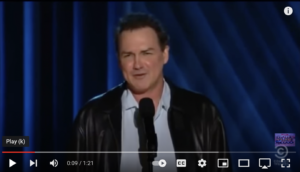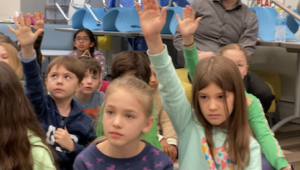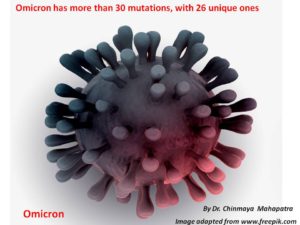Mark Your Calendars: South Loop Neighbors Authors Night is One Week Away
January 26, 2022 • 1 Comment • Posted in book tour, public speaking, writingThis just in: public health officials reported this morning that the number of COVID hospitalizations are continuing to decrease in Illinois. With covid “in retreat” now, we’re hoping people will feel more comfortable attending South Loop Neighbors’ Authors Night in person next Wednesday, February 2 at Half Sour, 755 S. Clark in Chicago.

The event is free, and four local authors will give ten-minute talks about our books and our lives as writers. Keeping the talks short should allow some time for questions after the presentations.
The event includes an hourlong social hour with a cash bar from 6 to 7, then our little talks at 7 pm. It all takes place in the “back room” at Half Sour, a large, lovely, open room with plenty of space for social distancing. Books will be available for purchase and we authors will be more than happy to sign copies for book buyers.
Very flattering to be one of the chosen authors along with Amy Bizzarri (111 Places in Chicago that You Must Not Miss), Sylvester Boyd (The Road from Money), and Greg Borzo (Chicago’s Fabulous Fountains).
Can’t make it in person? Watch us online instead. Here’s the zoom info:
Topic: SLN Speaker Series: Author Night
Time: Feb 2, 2022 06:00 PM Central Time (US and Canada)
Join Zoom Meeting
https://us06web.zoom.us/j/82425447490?pwd=OW5VWjlGUWJTTHRqa1JtVWRlSzh2Zz09
Meeting ID: 824 2544 7490
Passcode: 517444



